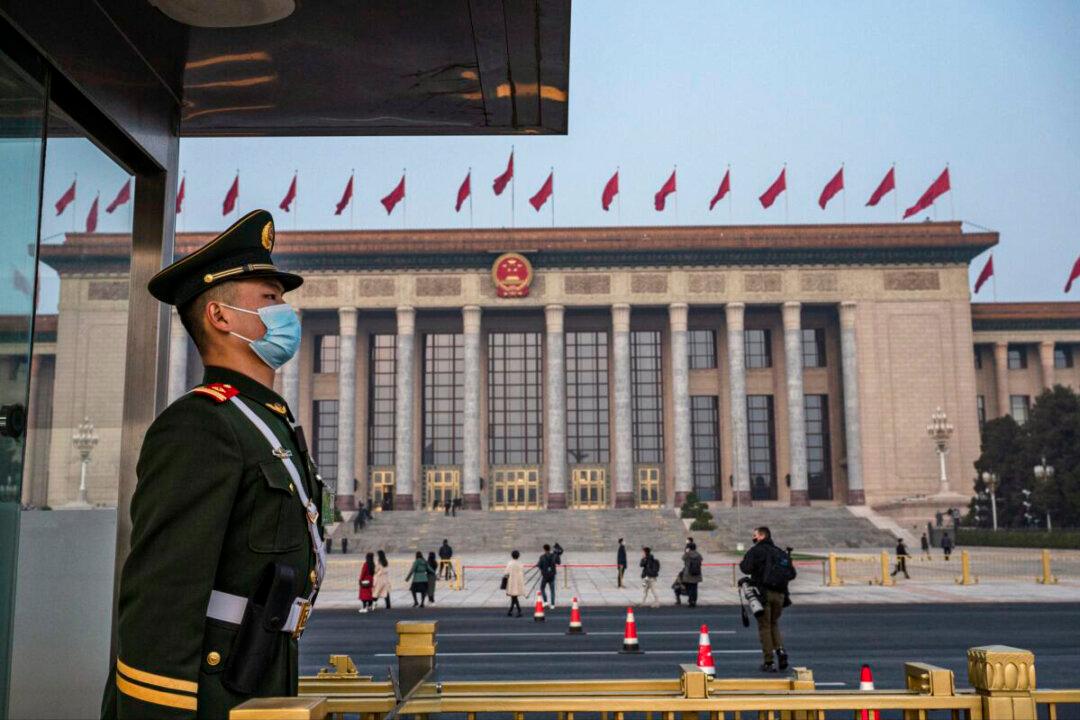Commentary
With their well-orchestrated intimidation of Taiwan in response to U.S. Speaker of the House Nancy Pelosi’s brief visit to Taipei on Aug. 2, the Chinese communists have once again removed their masks for all the world to see.

With their well-orchestrated intimidation of Taiwan in response to U.S. Speaker of the House Nancy Pelosi’s brief visit to Taipei on Aug. 2, the Chinese communists have once again removed their masks for all the world to see.